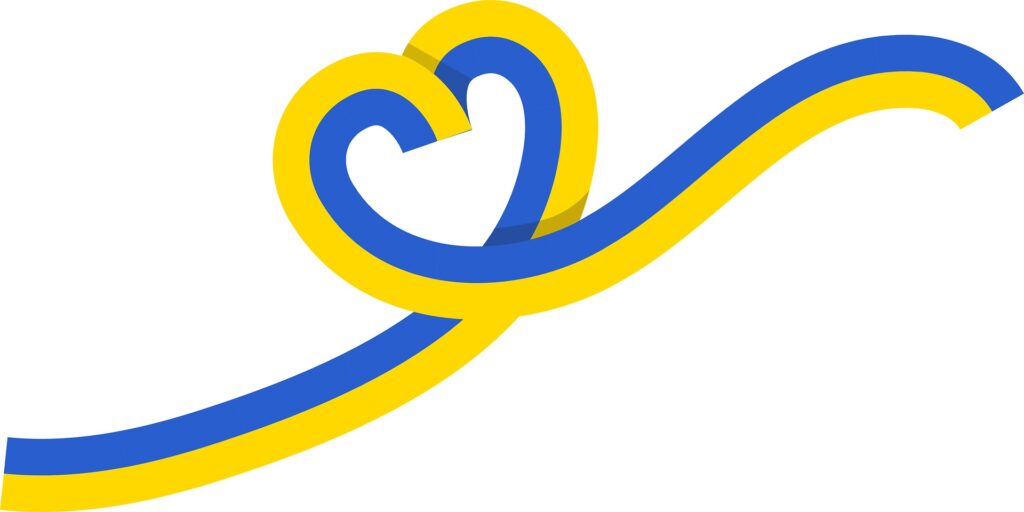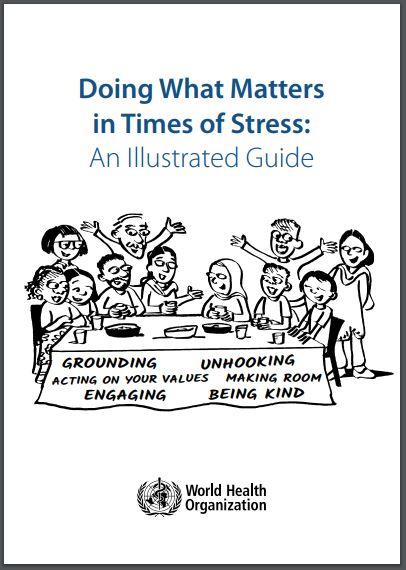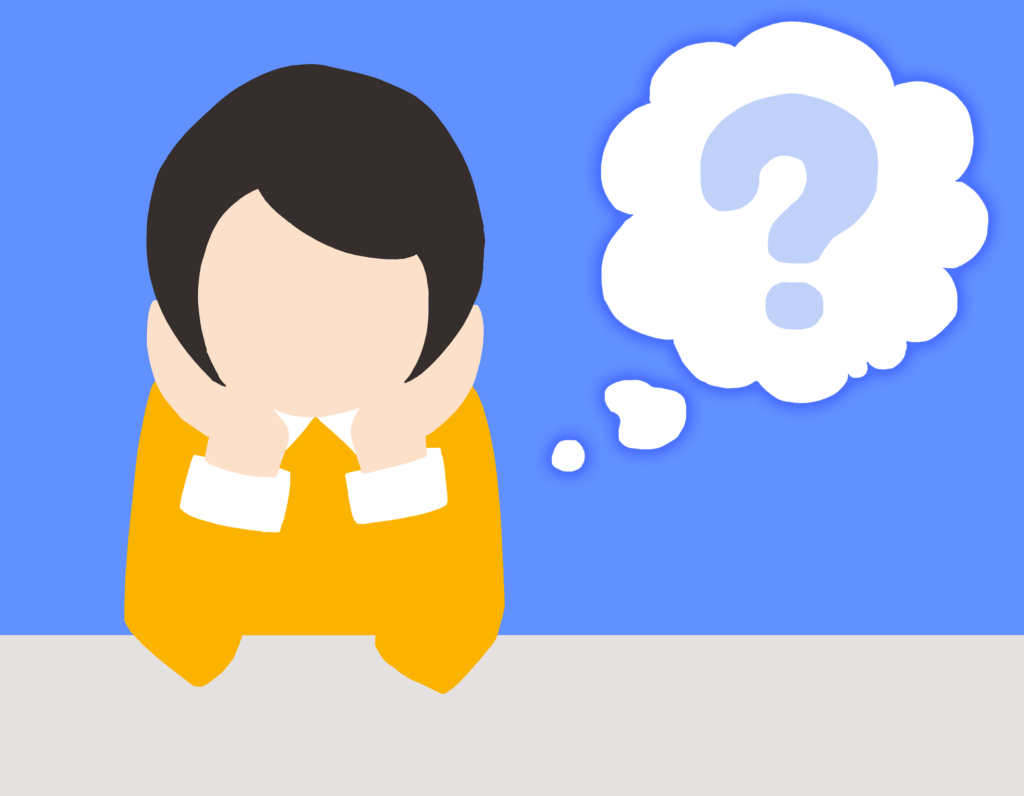The past two years have already been very challenging for all of us due to the pandemic. Nobody would have expected such a crisis, all of us were affected by restrictions, many of us were confronted with uncertainty, fear and many new challenges.
Now the next inconceivable thing has happened: A war in Europe, in our neighbourhood, just 6 hours by car from Vienna. A new crisis - again feelings of fear, powerlessness and much more. Our psychological resources are being severely strained.
The war in Ukraine is not only an attack on the country and the lives of its citizens, it also shakes our sense of security and trust. Strong feelings of fear, anger, powerlessness, sadness, etc. are a natural reaction to this extraordinary situation.
How can I help myself in such stressful and anxiety-provoking times?
We would like to show some possibilities and thoughts on this here:
- Talk about your fears, worries and negative thoughts with people close to you, with your loved ones, with your colleagues. Don't stay alone with it. Talking helps.
- Carry on with your everyday life and do what has done you good so far and gives you pleasure - exercise in nature, meeting friends, pursuing hobbies, etc.
- If your children are worried or ask questions - explain the situation gently and in an age-appropriate way. Give them a sense of security and stability.
We have to realize that world events have always been ups and downs. We haven't had any major crises for a long time now. Let's call it "we've been very lucky for a lot of years." Then came Corona and now the Ukraine war.
German trauma expert Thomas Loew emphasizes: "The good news is: things are getting better again. We humans are living, creative beings. We will adapt. And then we will recover from it, just as we have always recovered from major crises."
In salutogenesis (model for the development of health), human confidence and trust are determined by 3 factors:
- Understandability,
- Capacity to act and
- Sense of purpose.
These 3 pillars strengthen our mental health and can always be helpful in difficult situations:
1. understandability
The first thing is to acknowledge the situation. This also includes realising that it is bad and terrible. I am allowed to shed tears when I see the pictures on TV. But it is important to understand one's own burdens and feelings and to see them in the big picture: Where am I, who and what around me is important? We are not at war here and we are safe. We must not let ourselves be overwhelmed by what is happening.
It is important to distinguish what you can do (donate, help refugees, ...) and where you cannot do anything (stop the war, ...). Accept that there are certain areas over which you have no influence.
2. formability (ability to act)
Realise: No matter what happens in the world, I can manage my everyday life. I have resources that I can mobilise to master my life. Even in limited situations, you still have room for action and decision-making that you can use. You do not relinquish control over your life.
3. meaningfulness (meaningfulness)
Remember what goals and orientations you have in life. What do you want to achieve for yourself, your family, your loved ones?
There are goals and projects that are worth getting involved in. Maybe it is also important to be there for your children or grandchildren and help them to deal with and shape this situation as well as possible.
Finally, a question that many people are now asking themselves: Is it even okay to go on holiday or enjoy other nice things in view of what is happening?
The answer to this question is an unequivocal YES! Because especially in times when we are burdened, worried and frightened, it is enormously important to pay attention to our own well-being. It doesn't help anyone to fall into pity or fear. We need to regularly replace the horror images in our minds with beautiful ones and consciously create a counterbalance.
Distraction does not mean closing one's eyes to the situation, but taking care of one's mental health.
It is not healthy to watch the events of the war on TV for 24 hours and let fear overtake you. Something else helps everyone with the distraction: pursuing hobbies, meeting friends or going on a trip, ...
Moments of pleasure help to reduce stress. We don't need to have a guilty conscience that we are doing well. On the contrary, we should and may do well, because it does not help the people in the war zone if we do badly.
Let's make sure we stay in our power, because that's the only way we can help. Being active, being able to do something also helps against the powerlessness we feel. There are many ways to support, everyone can do something.
Many people want to help. We have put together a selection of different ways in which you can support those affected by the war.
The WHO has published an illustrated exercise book on stress management, which offers help in dealing with stress and strain.
It is available free of charge in many languages at:
https://www.who.int/publications/i/item/9789240003927
If fears and worries become too great or unpleasant feelings persist, do not hesitate to contact us. We will be happy to advise you.
EAP counsellors are there for you.
Yours sincerely, your EAP team


